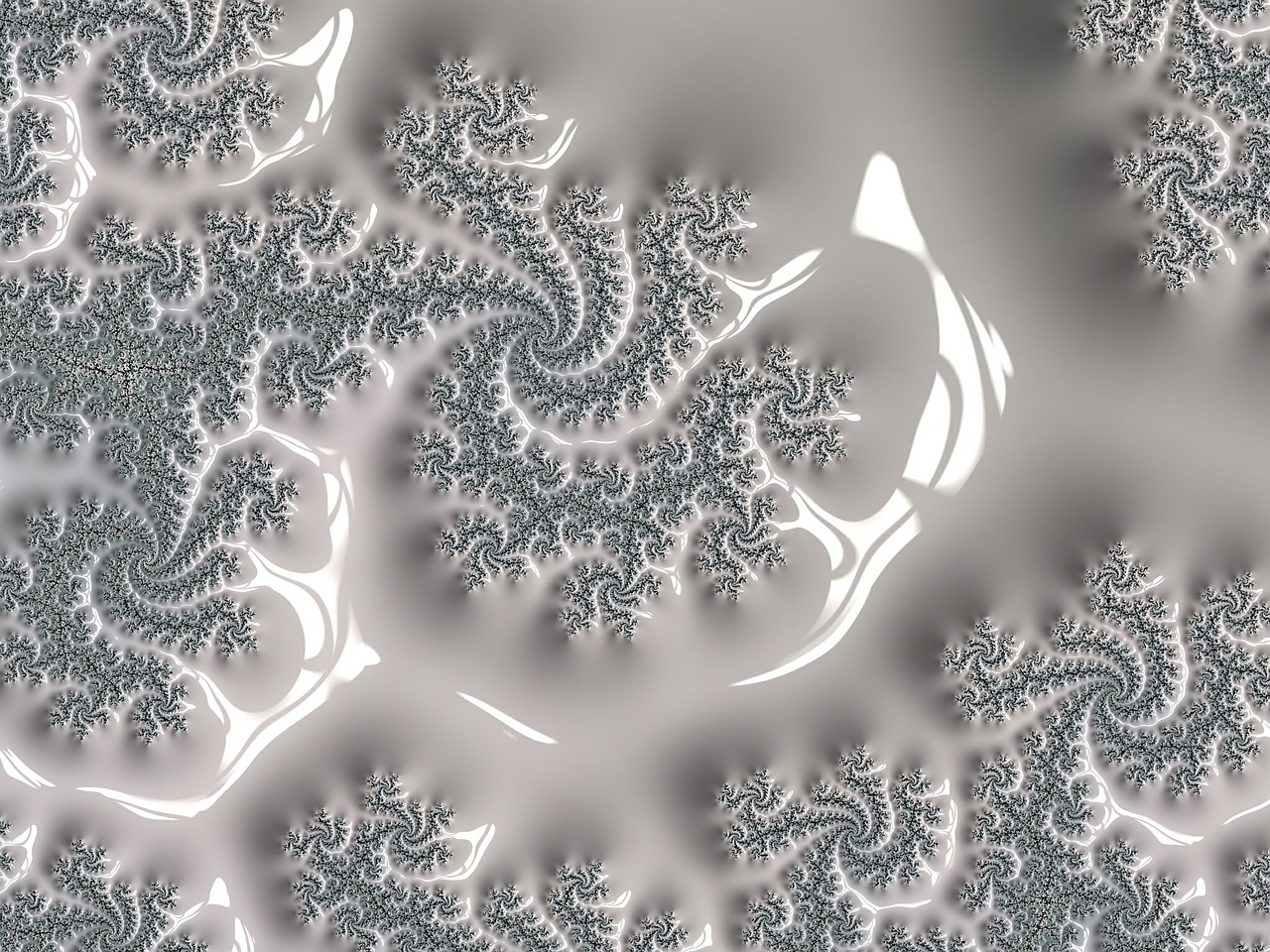Perhaps it doesn t matter if we live in a simulation, because our world is not real anyway

The topic has been coming back to the media at least since the premiere of The Matrix . On Spider's Web we also mentioned it several times . Recently, simulation is louder again thanks to an article in Scientific American .
Are we living in a simulation?
Reflections on the nature of reality are increasingly appearing in scientific journals. We realized that our senses and brain are powerful filters that separate us more from the real world than connect to it. The very fact that we perceive the world with specific senses, each of which is sensitive only to a specific fragment of the electromagnetic spectrum or to certain stimuli, has many consequences.
One of them is the fact that we build scientific instruments, measures and methods of analysis on their basis. We are unable to free ourselves from it. More and more often we come to the conclusion that the perceived reality must be very different from the reality that exists. The fact that we perceive clouds of particles (or even probabilities) in magnetic fields as trees, clouds or stones is just a kind of user interface.
Donald Hoffman in his book A Case Against Reality even claims that separating us from reality, filtering it and presenting it in a simplified form was necessary for evolutionary reasons. This is what allowed us to survive. There is even experimental evidence, says Hoffman - attempts to model the evolution of the senses have proven that simplifying and filtering stimuli from the environment gives you an evolutionary advantage!
Maybe we will be able to check if we live in a simulation by violating its rules?
Caleb A. Scharf of Scientific American considered an interesting way to find out if we are living in a simulation, assuming that the simulation is done as we can imagine it with our little Earth brains - on some computing machines that look like our future computers.
If simulation computing power has limitations similar to those of our computers, maybe we will be able to break its conditions and even force it to crash or hang? It is risky, but it can prove effective.
Scharf proposes a test of this hypothesis by trying to spoil the simulation "from the inside". By sticking to the software analogy, humanity could try to "overflow" by creating recursive simulations of our world that also create simulations endlessly, potentially consuming available simulation resources. Of course, success here would also be the end of our (simulated) existence.
What if simulation developers have built in recursion protection? It will turn out then that, for strange reasons, we are unable to build such a recursive simulation, because it will also be a clue for us.
Or maybe the very structure of reality tells us something?
Let's stay with the idea of a simulation running on some kind of computer, using specific software. Perhaps the rules of economics apply in the world "above" (after all, our creators modeled the simulation on something), and the same is true of budget and savings when producing software?
In other words: to save time and resources, perhaps the simulation is done approximately so that the data provided is only "good enough". In other words: the data measured by us - simulation participants - should have accuracy limits.
Everything indicates that it is so: recent research shows that our universe may indeed have "clocking", or a minimum measurable time. And it is much larger than the previous suspect, Planck's constant. The accuracy of the distance measurement is estimated at 10-35 meters.
Another feature of our reality that resembles the features of object-oriented software is the fact that many phenomena on a micro scale show their features only at the time of observation and the fact that the observer influences the observing object. This is similar to ... software-type functions that only count the return value when needed.
Of course - all these thoughts may be the result of overheating and hot weather, and the similarity of the systems and structure of the universe we build may have exactly the opposite cause.
Perhaps that is why we build such systems, because these are the features of our reality, which, however, is not simulated?
Don't miss out on new texts. Follow Spider's Web on Google News .
Perhaps it doesn't matter if we live in a simulation, because our world is not real anyway
Comments
Post a Comment